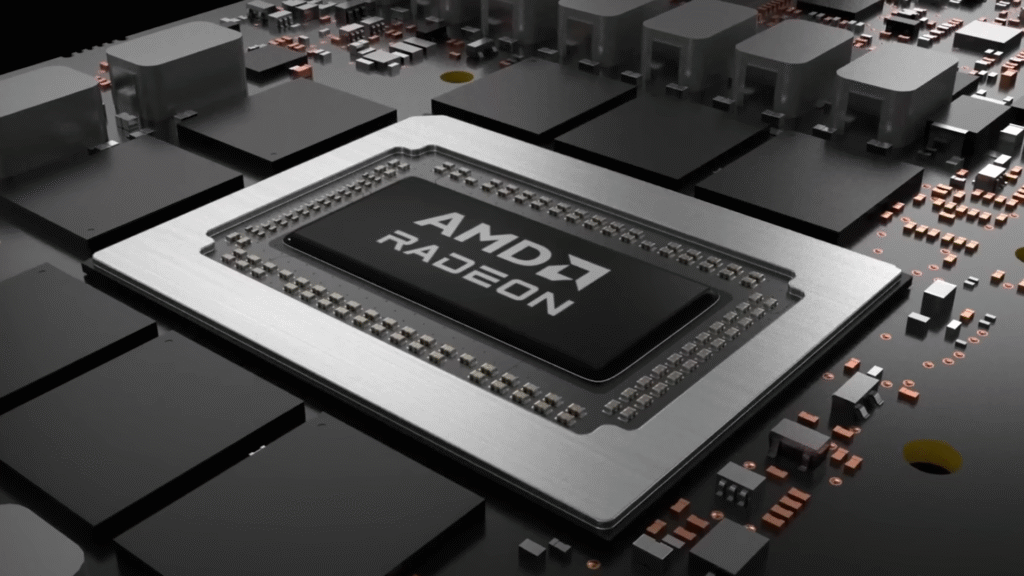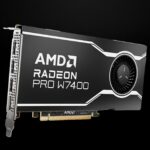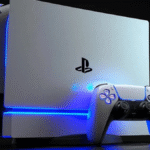quickutilities – During a recent press conference, former President Trump confirmed a deal between the US government and Nvidia regarding AI chip sales in China. He described the agreement as a “negotiated little deal” involving older Nvidia chips, specifically the H20 model. Trump called the H20 chip “obsolete” and said he had no issue with it being sold in China. He also mentioned that Huawei produces a comparable chip. The 910C AI chip, indicating that the US does not want Huawei to gain an advantage.
Read More : Russia Limits Voice Calls on WhatsApp and Telegram
Former President Trump confirmed that Nvidia’s most advanced Blackwell AI chips remain banned from sales in China. He suggested that a downgraded Blackwell version, with 30 to 50 percent less power, could be allowed in the future. Nvidia and AMD must pay the US government 15 percent of their revenue from AI chip sales in China. This deal allows the companies to resume sales after a ban earlier this year due to security concerns.
Nvidia told BBC News it follows US export rules and has not shipped the H20 chip to China for months. The H20 chip, introduced in 2023 during the Biden administration. Is less powerful and was initially approved for sale in China. The Trump administration later restricted sales of the H20 and AMD’s MI308 chip but recently authorized export licenses, effective August 8. Nvidia CEO Jensen Huang reportedly met with Trump to discuss the revenue-sharing deal. The White House and Nvidia have not fully confirmed the details.
Security Concerns and Legal Debate Over AI Chip Deal
Security experts have voiced concerns about the potential military use of AI chips like Nvidia’s H20. Twenty security professionals recently warned Commerce Secretary Howard Lutnick that AI chips power not only commercial products but also autonomous weapons and surveillance systems. They argued that selling these chips to China supports the modernization of its military infrastructure. The experts stressed that in China, civilian and military applications often overlap, making it difficult to separate benign use from strategic threats.
In response, Nvidia stated that the H20 chip helps America gain global developer support and bolsters national security. The company insisted the chip does not enhance any military capabilities and emphasized that the US government maintains full oversight of every H20 transaction.
Read More : AMD Radeon Pro W7400: Efficient 55W Single-Slot GPU Released
Legal experts have questioned the constitutionality of the US government’s revenue-sharing deal with Nvidia and AMD. The US Constitution explicitly prohibits export taxes. Peter Harrell, a fellow at the Carnegie Endowment for International Peace, highlighted policy issues and constitutional concerns about charging companies a revenue share to sell chips abroad. Economist Douglas Irwin pointed out that this payment might skirt the tax ban by being classified as a payout rather than a tax.
It remains unclear whether other companies will pursue similar agreements with the US government. On social media, critics have argued the deal raises significant legal and ethical questions. This new arrangement marks a complex chapter in US-China tech relations, balancing economic interests with national security risks. The deal’s outcome could influence future US policies on technology exports and their role in global geopolitical competition.


